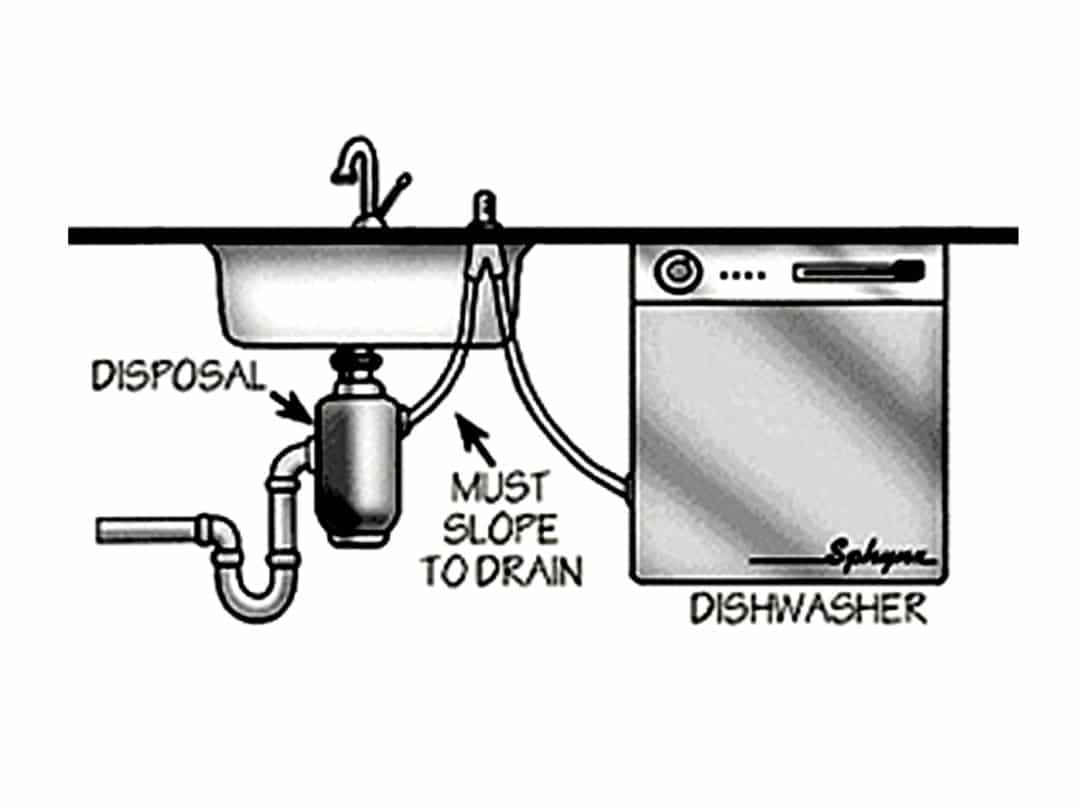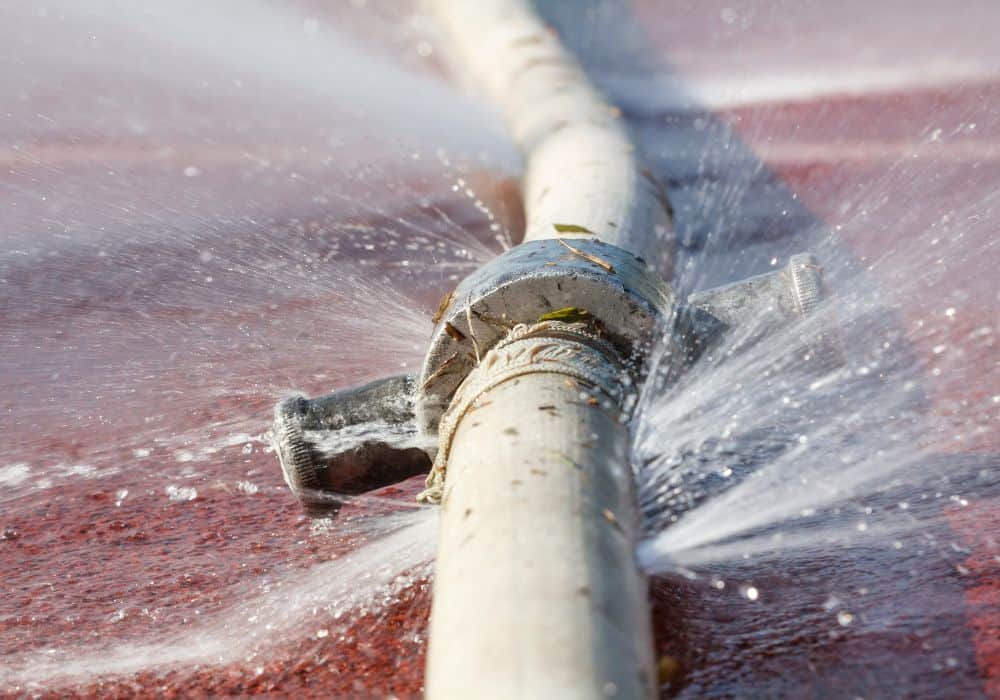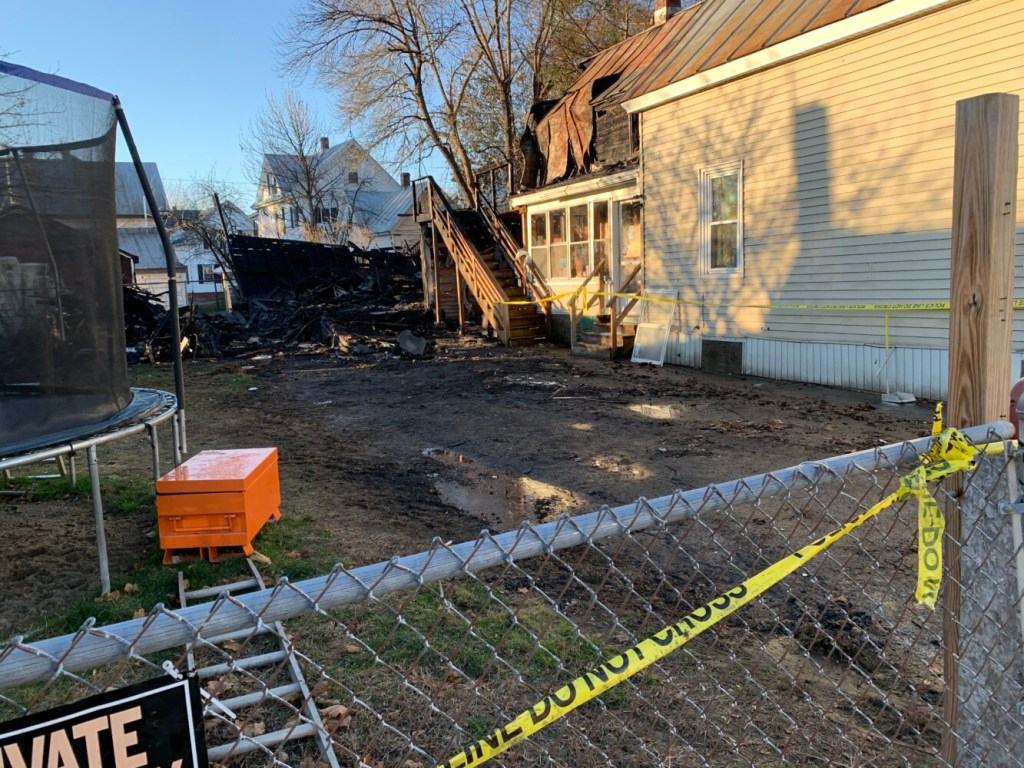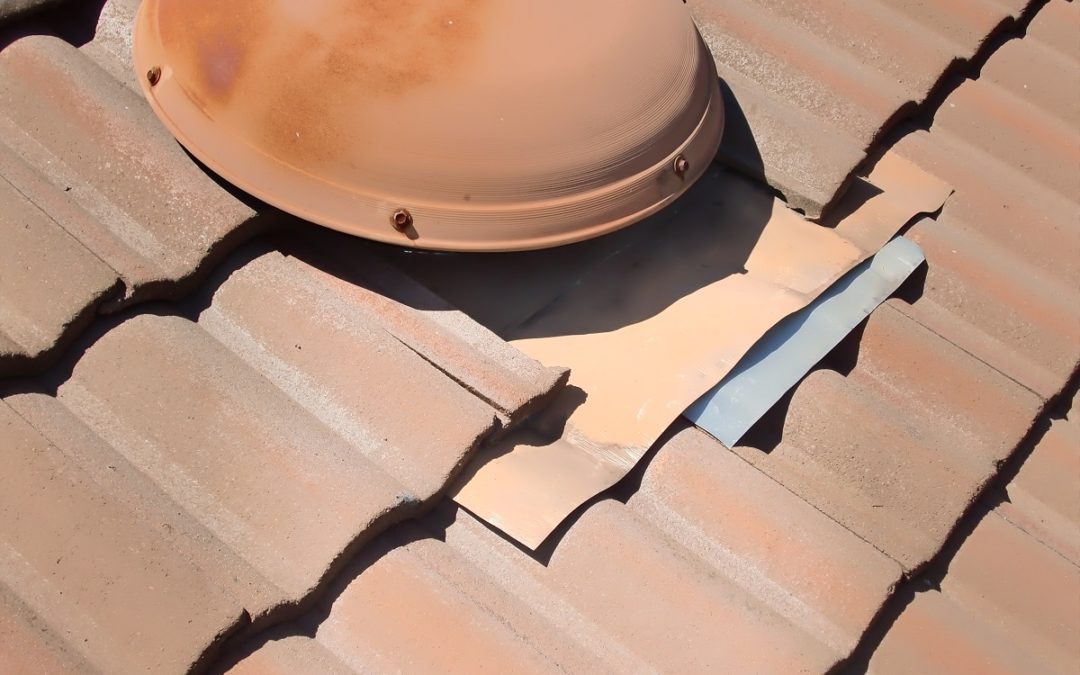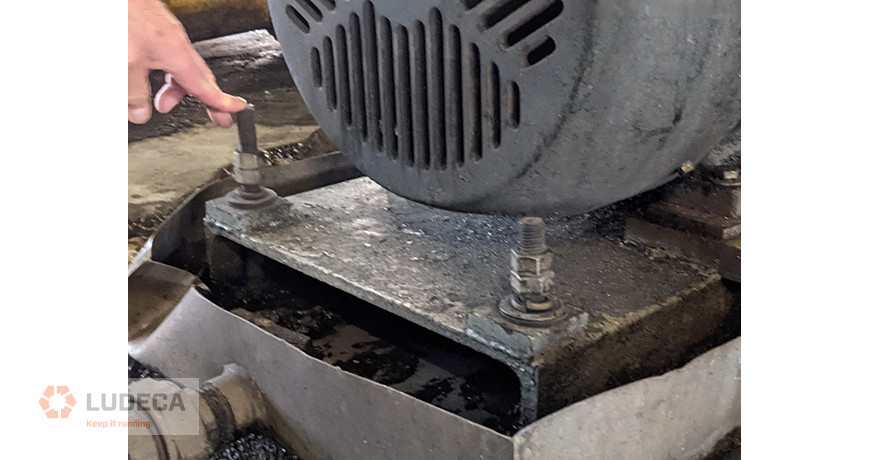A clogged drain is one of the most common causes of kitchen sink odor. When food particles, grease, and other debris get stuck in your drain, they can start to decompose and create a foul smell. This can also lead to slow draining and backups, making it important to address a clogged drain as soon as possible. Kitchen sink odor caused by a clogged drain can be easily resolved by using a plunger or drain snake to clear the blockage.1. Clogged Drain
The warm, moist environment of your kitchen sink is the perfect breeding ground for bacteria. When food particles and other organic matter are left in your sink for too long, bacteria can quickly multiply and cause a strong odor. Bacteria can also contribute to health hazards, making it important to regularly clean and disinfect your kitchen sink to prevent buildup.2. Bacteria Buildup
Even if you have a garbage disposal, small bits of food can still get trapped in your sink drain and start to rot, causing a bad smell. This is especially true for foods with strong odors, such as onions and garlic. Food debris can also attract pests and lead to clogs, so it's important to regularly clean your sink and dispose of food scraps properly.3. Food Debris
Grease and oil from cooking can easily get washed down your sink, but they can also accumulate and cause a foul odor. Not only can grease and oil cause a bad smell, but they can also contribute to clogs and slow draining. To prevent this, make sure to properly dispose of cooking grease and wipe down your sink after cooking to remove any excess oils.4. Grease and Oil
If your kitchen sink smells like rotten eggs, it could be a sign of sewer gas entering your home. Sewer gas is a mixture of gases that can include hydrogen sulfide, which has a distinct rotten egg smell. This can occur if your plumbing system has a sewer gas leak or if there is a blockage in your sewer line. It's important to address this issue as soon as possible to prevent potential health hazards.5. Sewer Gas
The older your plumbing system is, the more likely it is to develop leaks and cracks that can cause kitchen sink odor. If your home has outdated pipes or fixtures, it may be time to consider upgrading to prevent future plumbing issues and keep your kitchen smelling fresh.6. Old Plumbing
If your water has a strong smell, it could be contributing to the overall odor in your kitchen sink. Certain minerals and chemicals in your water can create a musty or metallic smell that can transfer to your sink. To improve the smell and taste of your water, consider investing in a water filtration system.7. Water Quality
If you have a garbage disposal, it's important to properly maintain and clean it to prevent odor and clogs. Food particles can get stuck in the disposal and start to decompose, causing a bad smell. Regularly running ice cubes and citrus peels through the disposal can help keep it clean and fresh.8. Garbage Disposal
Without proper ventilation, odors from your kitchen sink can linger in your home. This can be especially problematic if you have a garbage disposal, as the odors from the disposal can spread throughout your house. Make sure your kitchen has adequate ventilation, such as a range hood or window, to prevent odor buildup in the first place.9. Ventilation Issues
If your kitchen sink was not installed correctly, it can lead to odor and plumbing issues. Improperly installed pipes can create leaks or traps that can collect debris and cause a bad smell. If you suspect your sink was not installed correctly, it's best to consult a professional to ensure it is fixed properly. In conclusion, there are many potential causes of kitchen sink odor, but most can be easily addressed and prevented with proper maintenance and cleaning. By regularly cleaning your sink, properly disposing of food scraps, and addressing any plumbing issues, you can keep your kitchen smelling fresh and clean. Remember to also address any sewer gas or water quality issues to ensure the safety and health of your home. With these tips in mind, your kitchen will be free of unpleasant odors and ready for your next cooking adventure.10. Improper Installation
Kitchen Sink Odor: The Common Culprit and How to Combat It

Understanding the Cause of Kitchen Sink Odor
 Kitchen sink odor is a common problem that many homeowners face. It can be a pesky and unpleasant issue, especially when it lingers in the air long after you have finished washing the dishes. But what causes this foul smell to emanate from the kitchen sink? The answer lies in a combination of factors.
Food Residue:
One of the main culprits of kitchen sink odor is food residue. When small bits of food get stuck in the drain or garbage disposal, they can start to decompose, releasing a stench that can quickly spread throughout the kitchen.
Grease and Oil Buildup:
Another major cause of kitchen sink odor is the buildup of grease and oil. These substances can easily accumulate in the pipes and create a breeding ground for bacteria, leading to a foul smell.
Blocked Vent Pipes:
Vent pipes are essential for proper drainage in your kitchen sink. If these pipes become clogged or blocked, it can cause a backup of air and create a foul odor.
Kitchen sink odor is a common problem that many homeowners face. It can be a pesky and unpleasant issue, especially when it lingers in the air long after you have finished washing the dishes. But what causes this foul smell to emanate from the kitchen sink? The answer lies in a combination of factors.
Food Residue:
One of the main culprits of kitchen sink odor is food residue. When small bits of food get stuck in the drain or garbage disposal, they can start to decompose, releasing a stench that can quickly spread throughout the kitchen.
Grease and Oil Buildup:
Another major cause of kitchen sink odor is the buildup of grease and oil. These substances can easily accumulate in the pipes and create a breeding ground for bacteria, leading to a foul smell.
Blocked Vent Pipes:
Vent pipes are essential for proper drainage in your kitchen sink. If these pipes become clogged or blocked, it can cause a backup of air and create a foul odor.
Combating the Odor: Tips and Tricks
 Fortunately, there are several simple and effective ways to combat kitchen sink odor. Here are a few tips to help you keep your sink smelling fresh and clean:
Regular Cleaning:
The most crucial step in preventing kitchen sink odor is to regularly clean your sink and drain. Use a mixture of hot water and dish soap to flush out any food residue or grease buildup.
Baking Soda and Vinegar:
For a more natural approach, mix equal parts baking soda and vinegar and pour it down the drain. Let it sit for a few minutes before flushing it out with hot water. This combination helps to break down any buildup and neutralize odors.
Boiling Water:
Another simple yet effective method is to pour boiling water down the drain. This will help to loosen and flush out any food residue or grease.
Plumbing Maintenance:
It is crucial to have your plumbing regularly inspected and maintained by a professional. This will help to prevent any blockages or buildup that can lead to kitchen sink odor.
Fortunately, there are several simple and effective ways to combat kitchen sink odor. Here are a few tips to help you keep your sink smelling fresh and clean:
Regular Cleaning:
The most crucial step in preventing kitchen sink odor is to regularly clean your sink and drain. Use a mixture of hot water and dish soap to flush out any food residue or grease buildup.
Baking Soda and Vinegar:
For a more natural approach, mix equal parts baking soda and vinegar and pour it down the drain. Let it sit for a few minutes before flushing it out with hot water. This combination helps to break down any buildup and neutralize odors.
Boiling Water:
Another simple yet effective method is to pour boiling water down the drain. This will help to loosen and flush out any food residue or grease.
Plumbing Maintenance:
It is crucial to have your plumbing regularly inspected and maintained by a professional. This will help to prevent any blockages or buildup that can lead to kitchen sink odor.
Conclusion
 In conclusion, kitchen sink odor is a common issue that can be easily prevented and combated with regular cleaning and maintenance. By understanding the causes and implementing these simple tips and tricks, you can keep your kitchen smelling fresh and clean. Don't let a foul smell ruin your cooking experience – take action and keep your kitchen sink odor-free.
In conclusion, kitchen sink odor is a common issue that can be easily prevented and combated with regular cleaning and maintenance. By understanding the causes and implementing these simple tips and tricks, you can keep your kitchen smelling fresh and clean. Don't let a foul smell ruin your cooking experience – take action and keep your kitchen sink odor-free.
















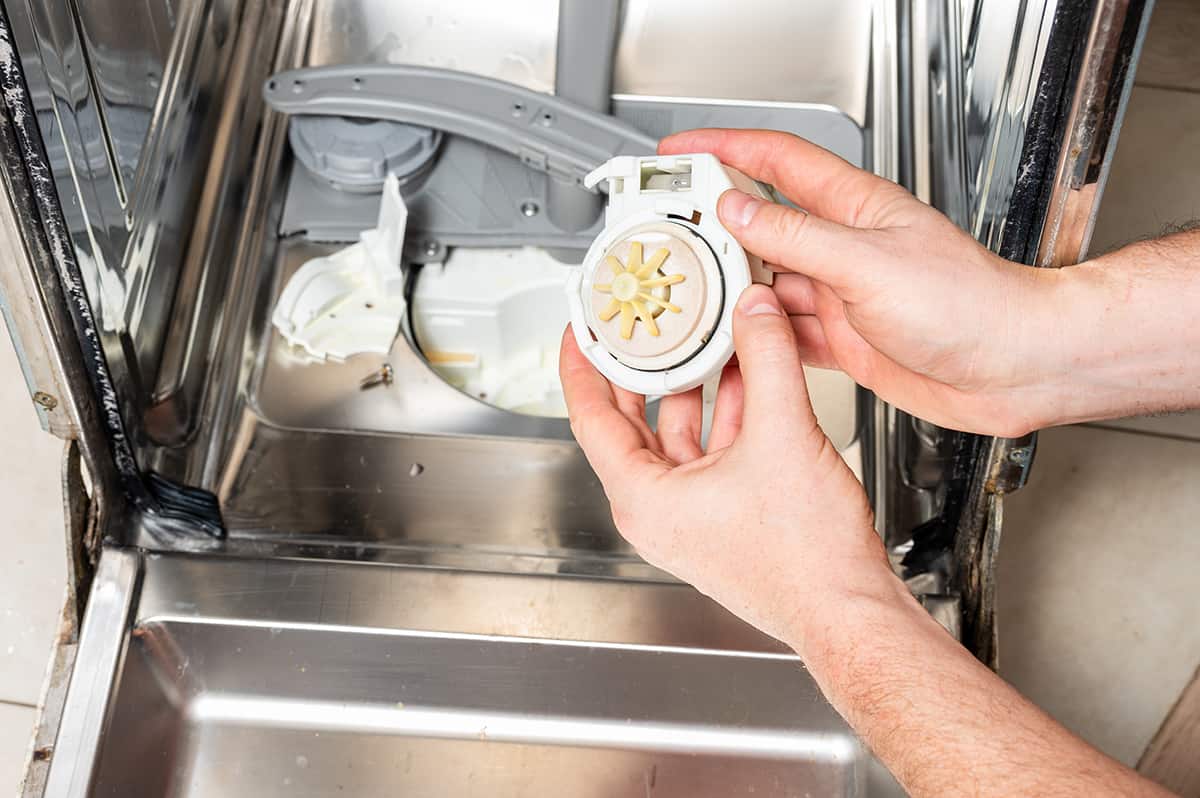
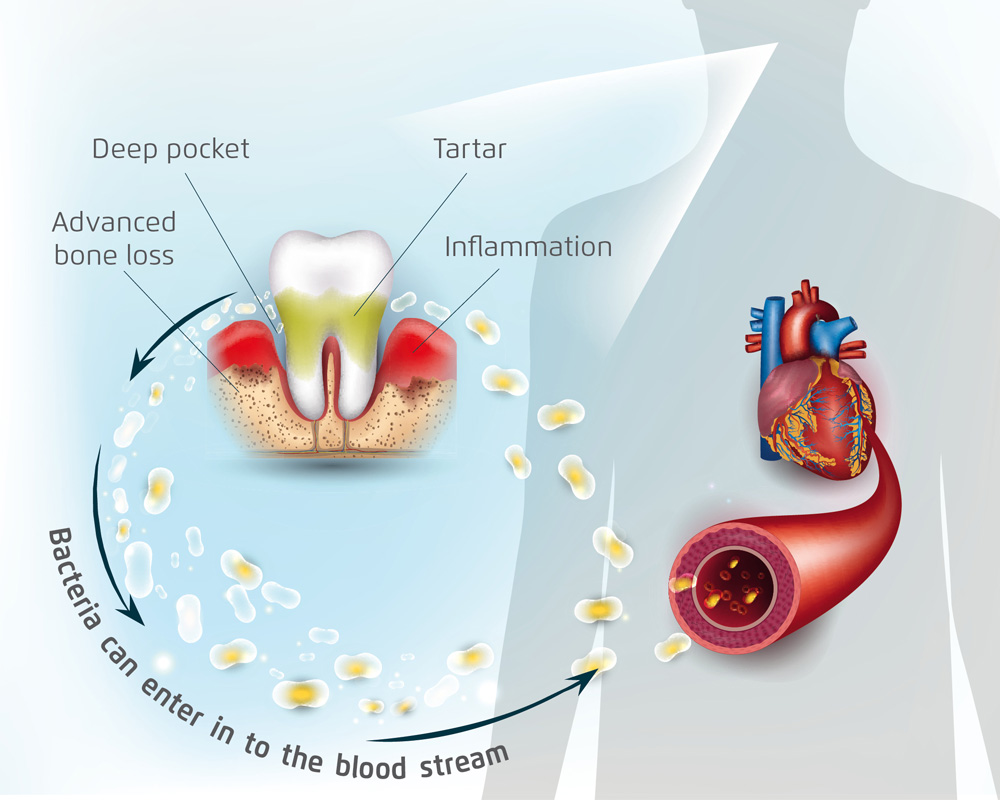

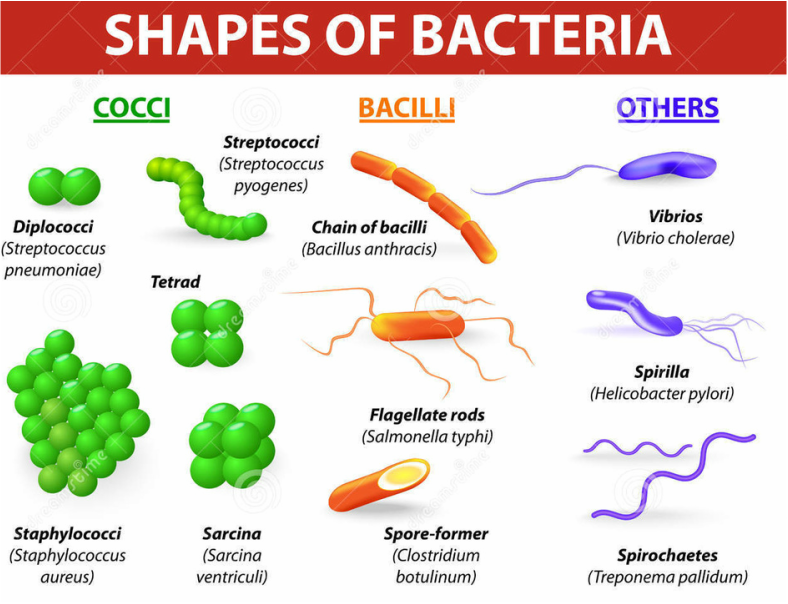






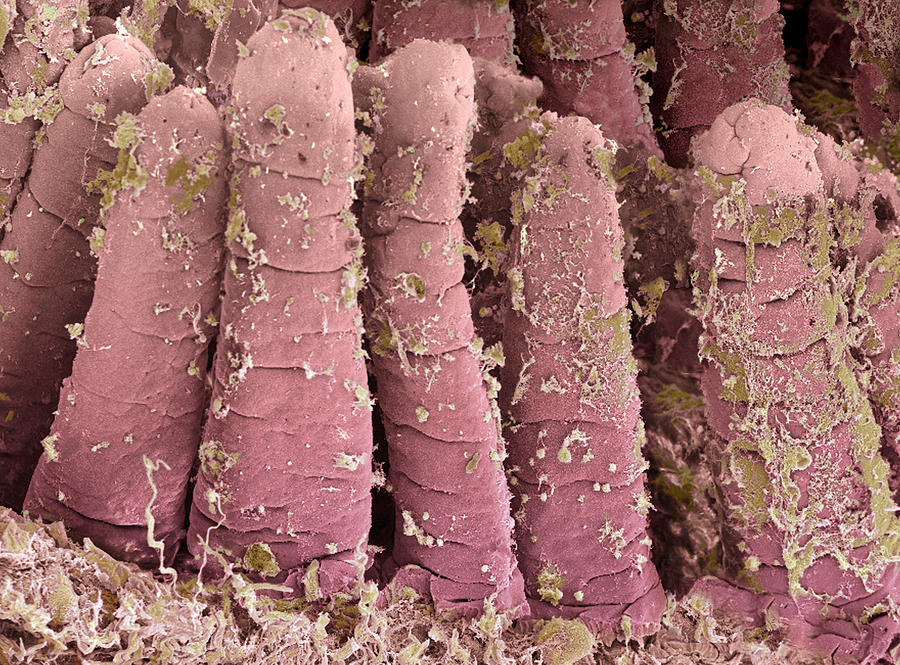









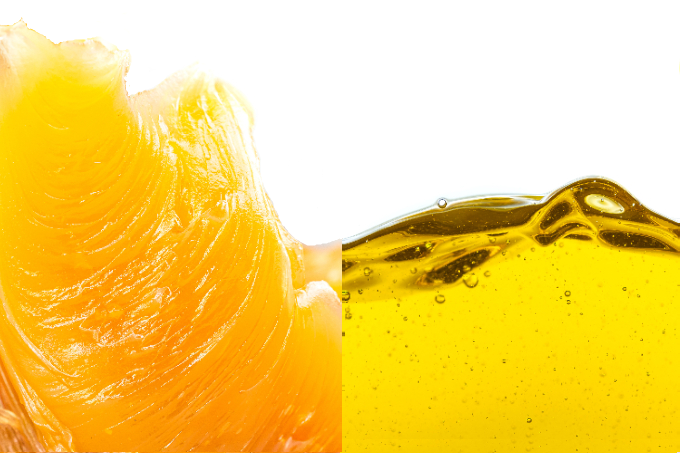

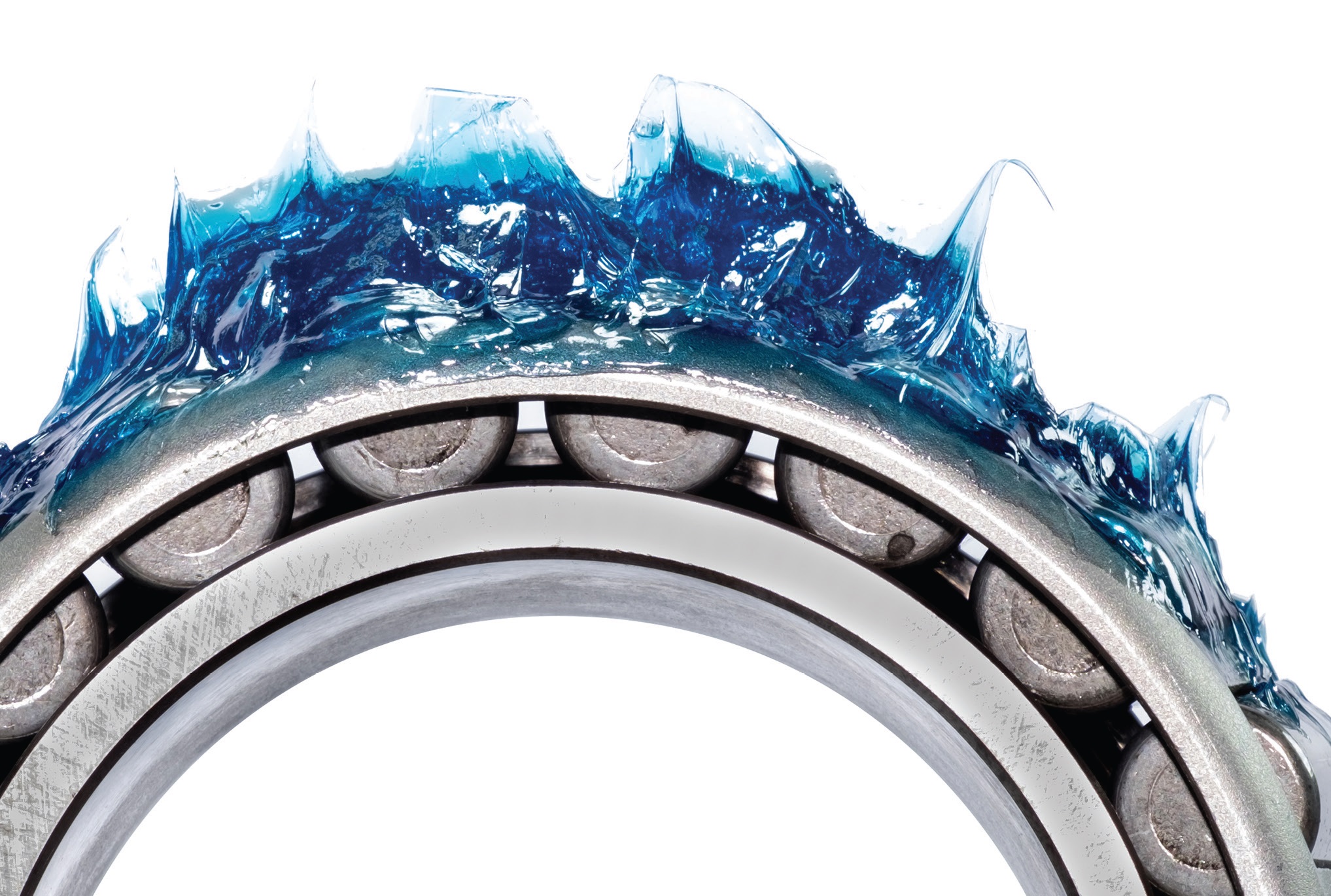


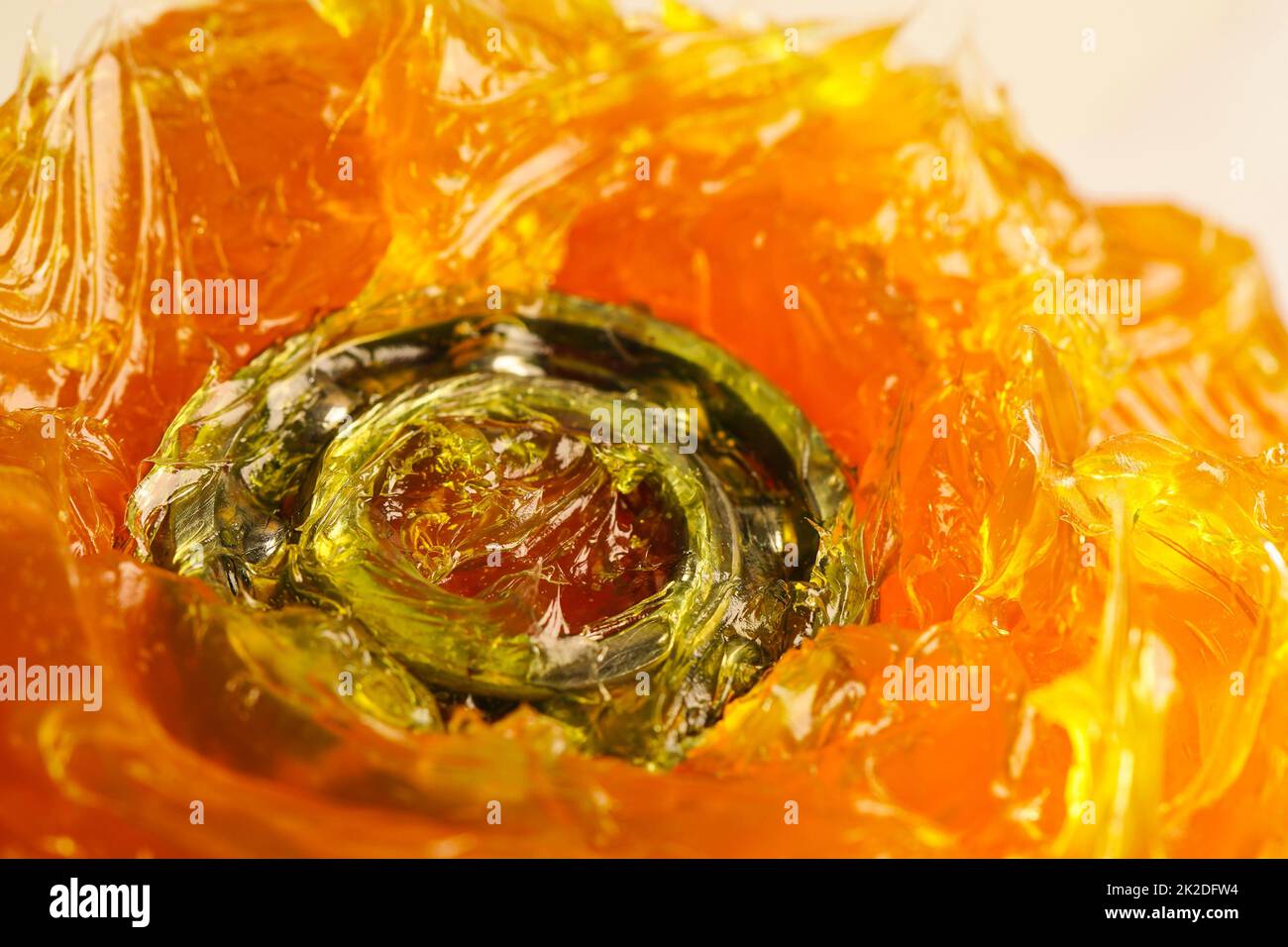
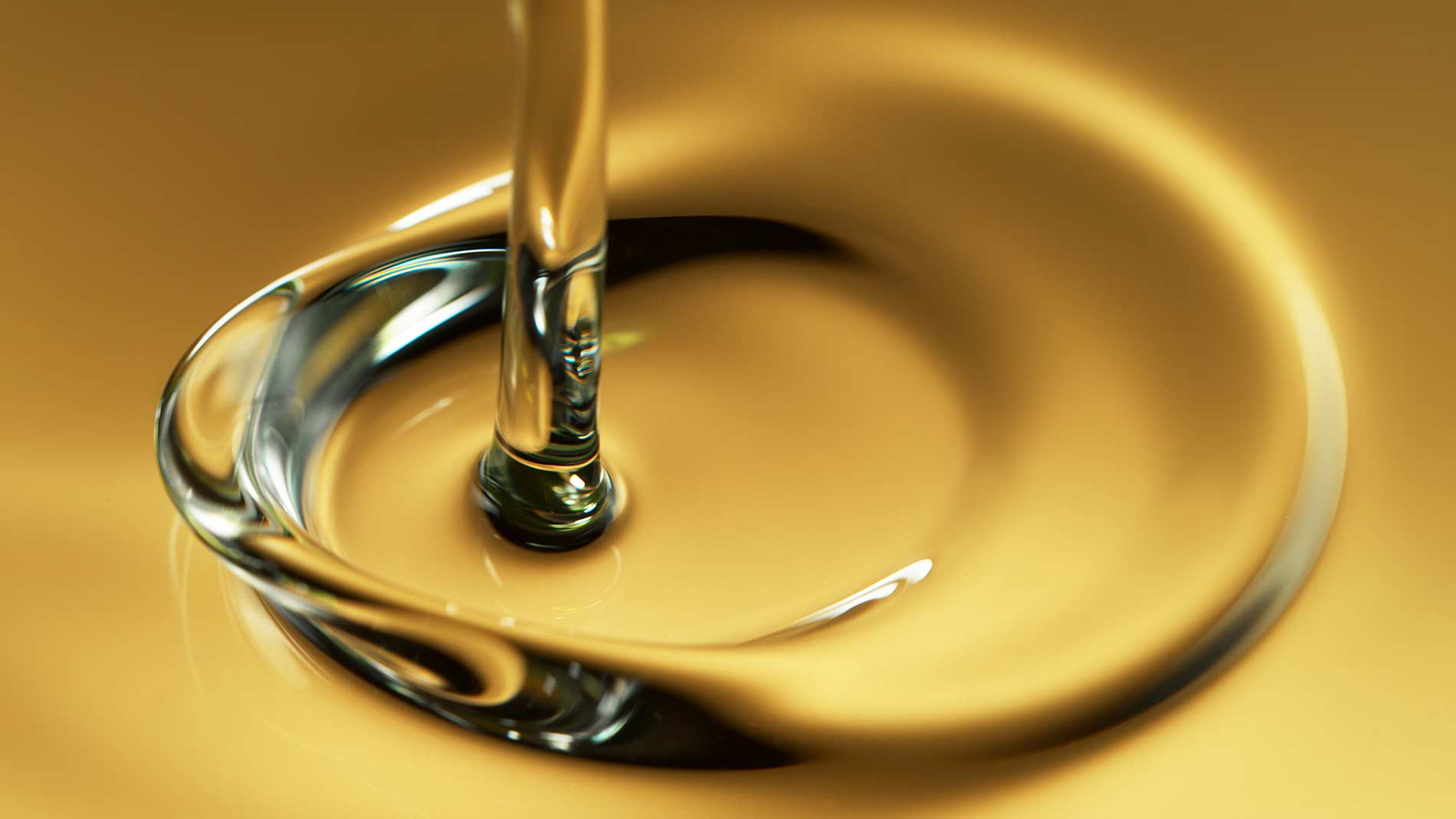
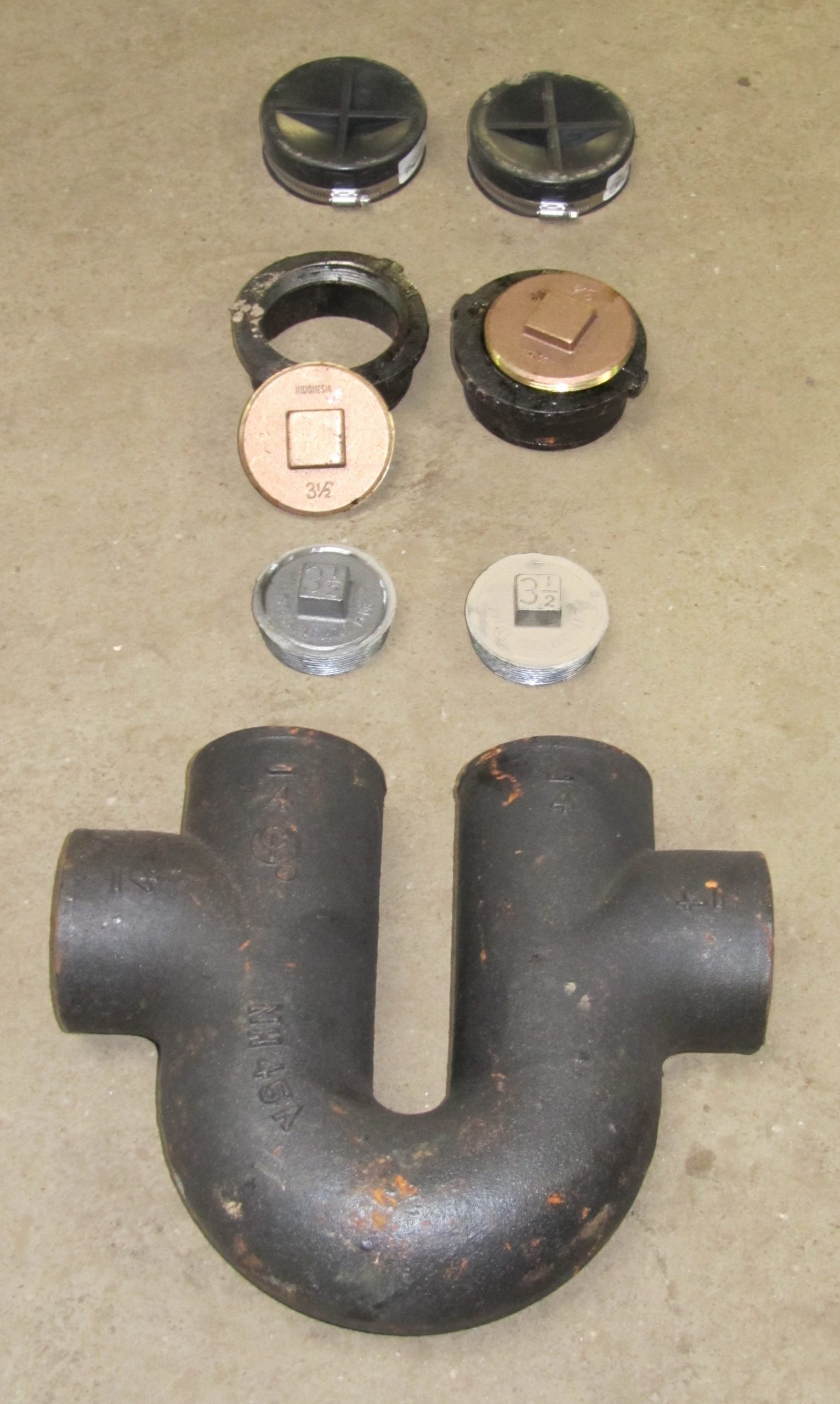

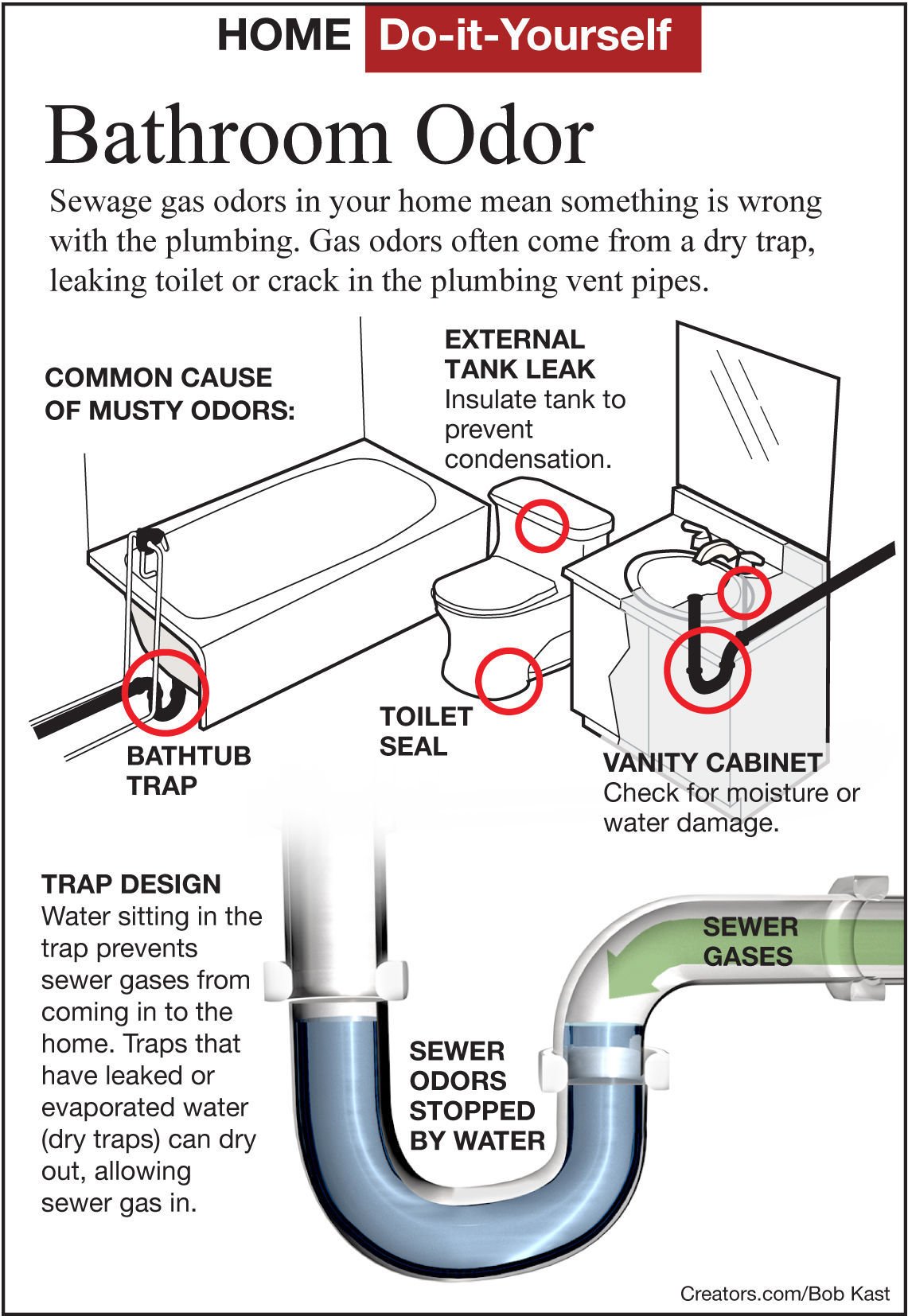
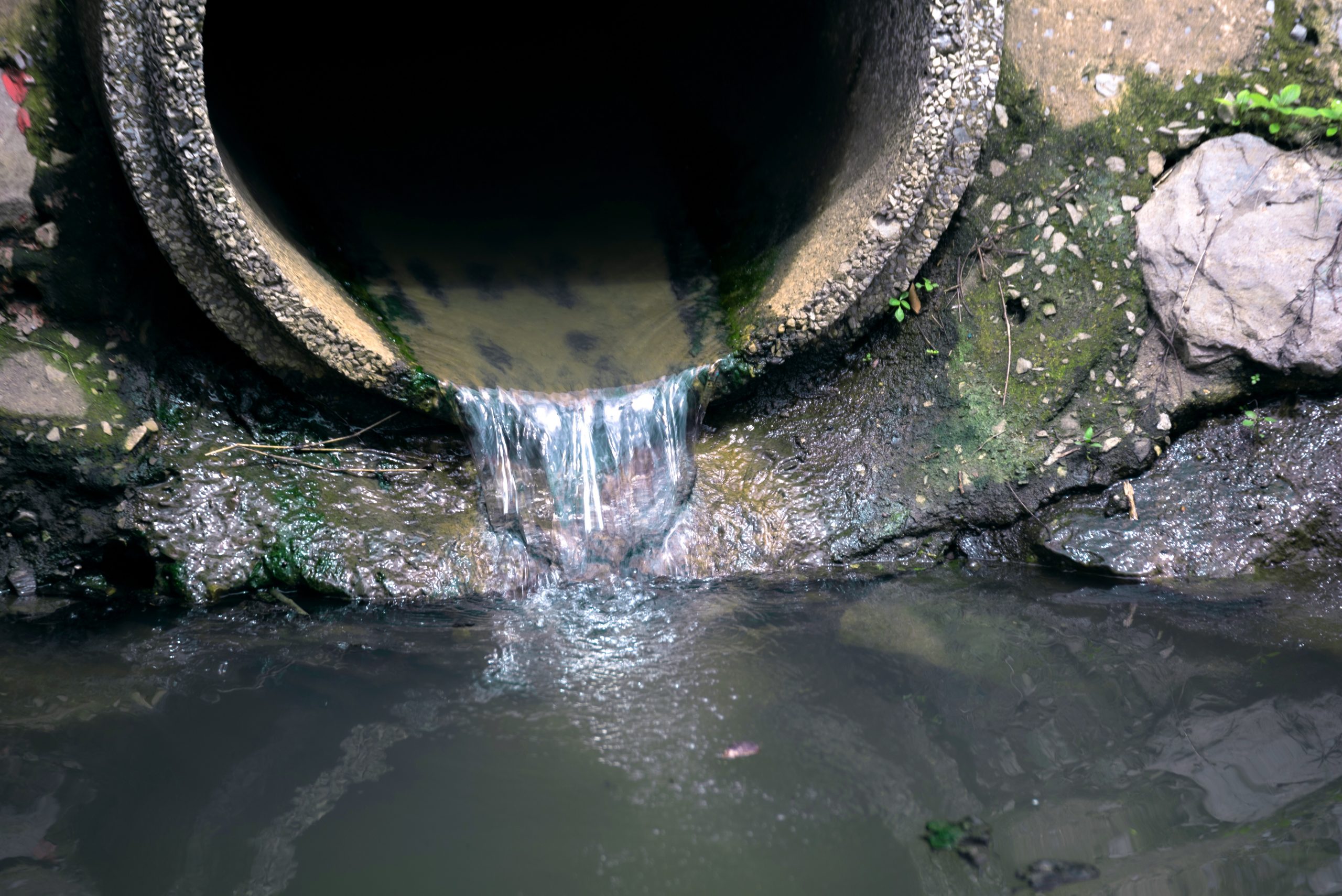
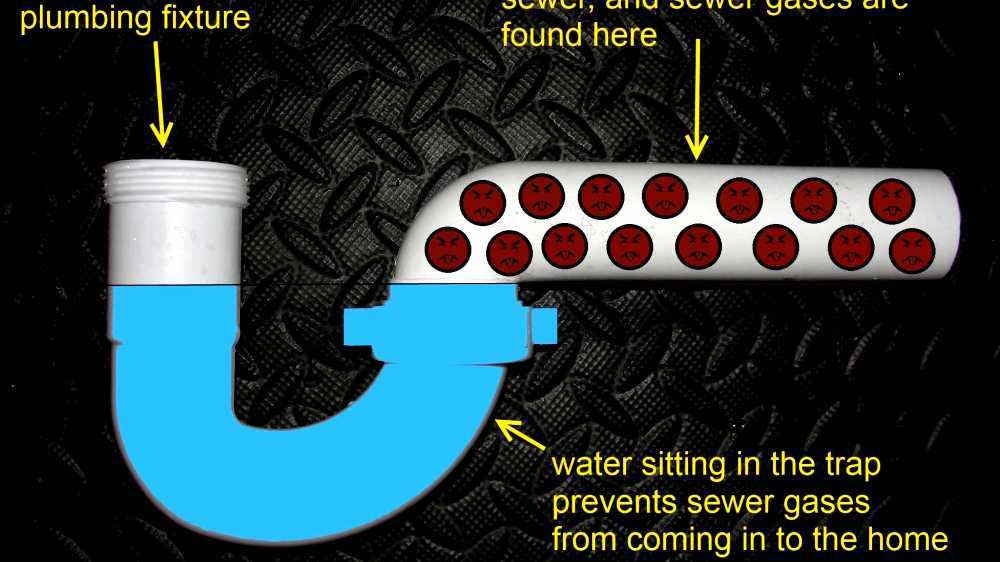
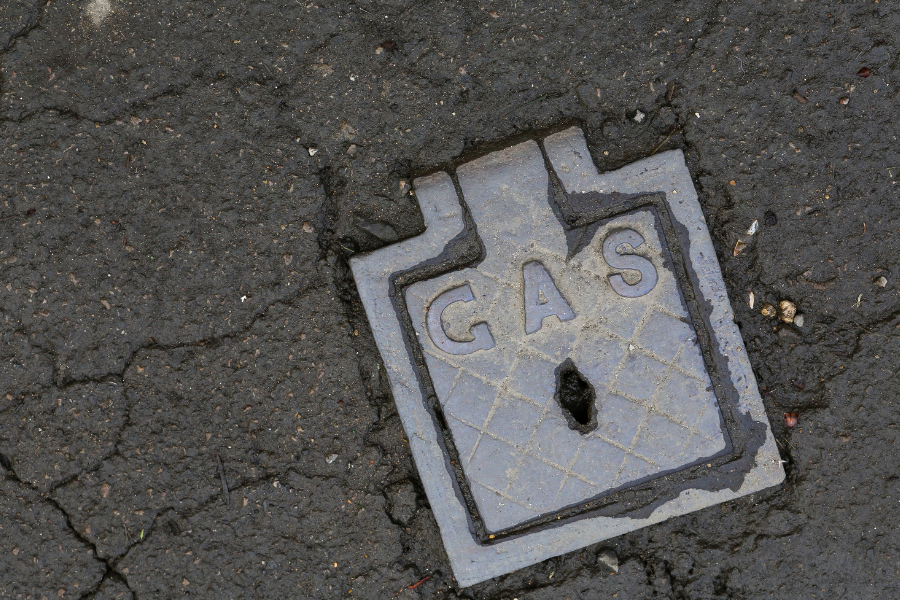






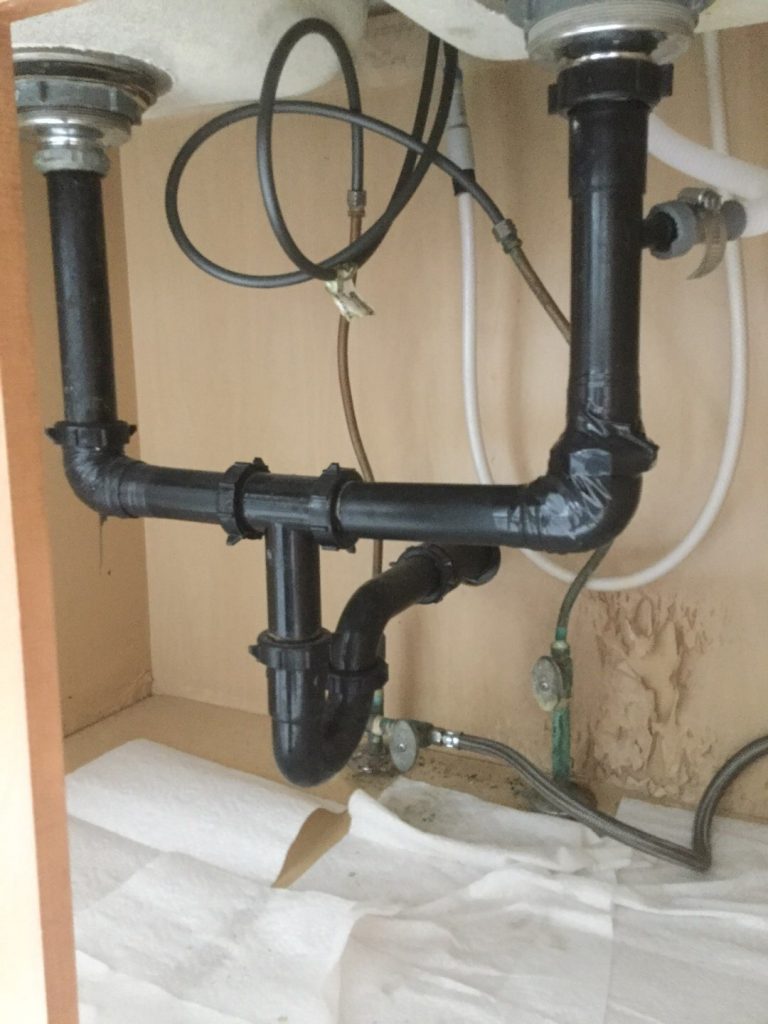
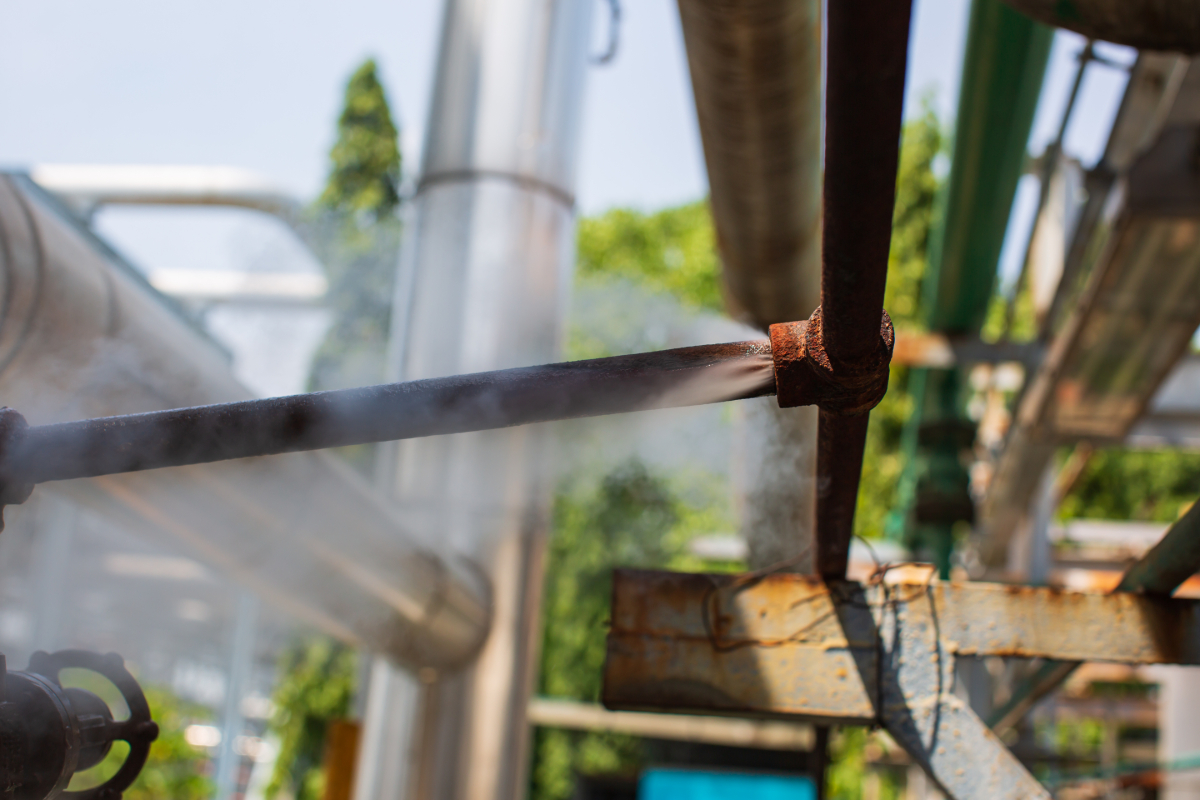

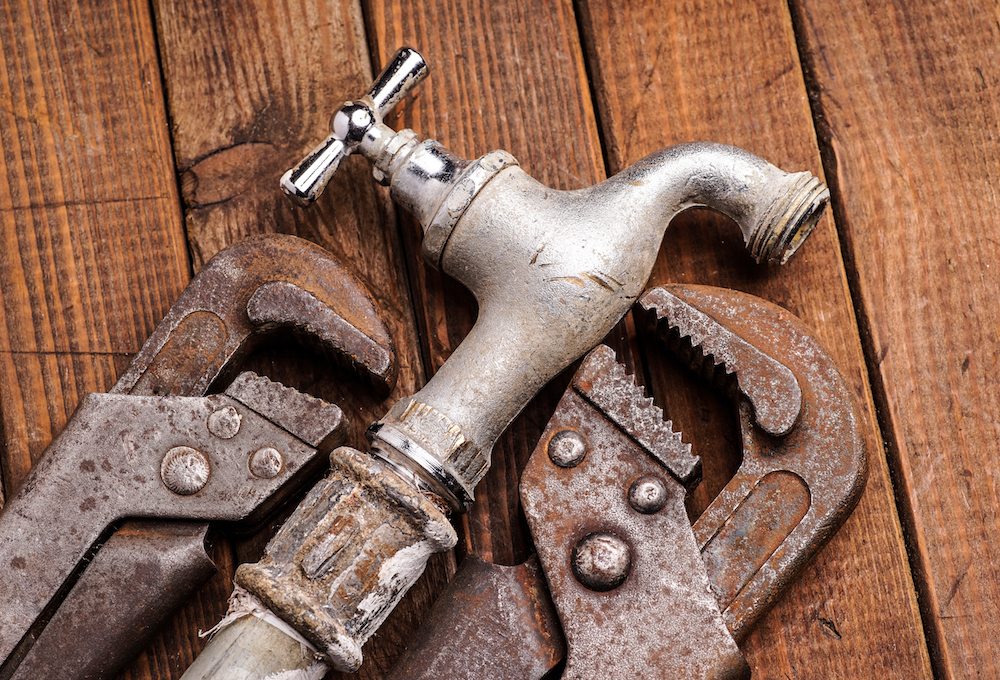




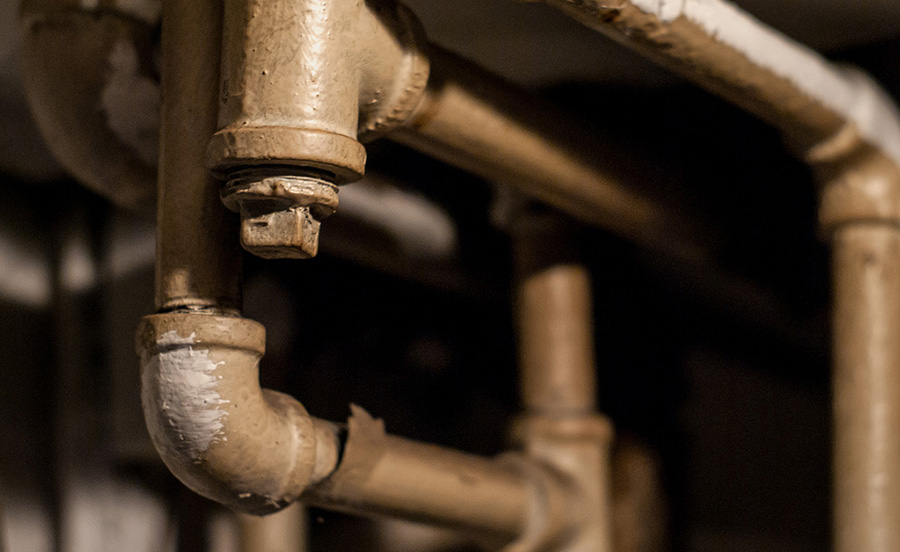

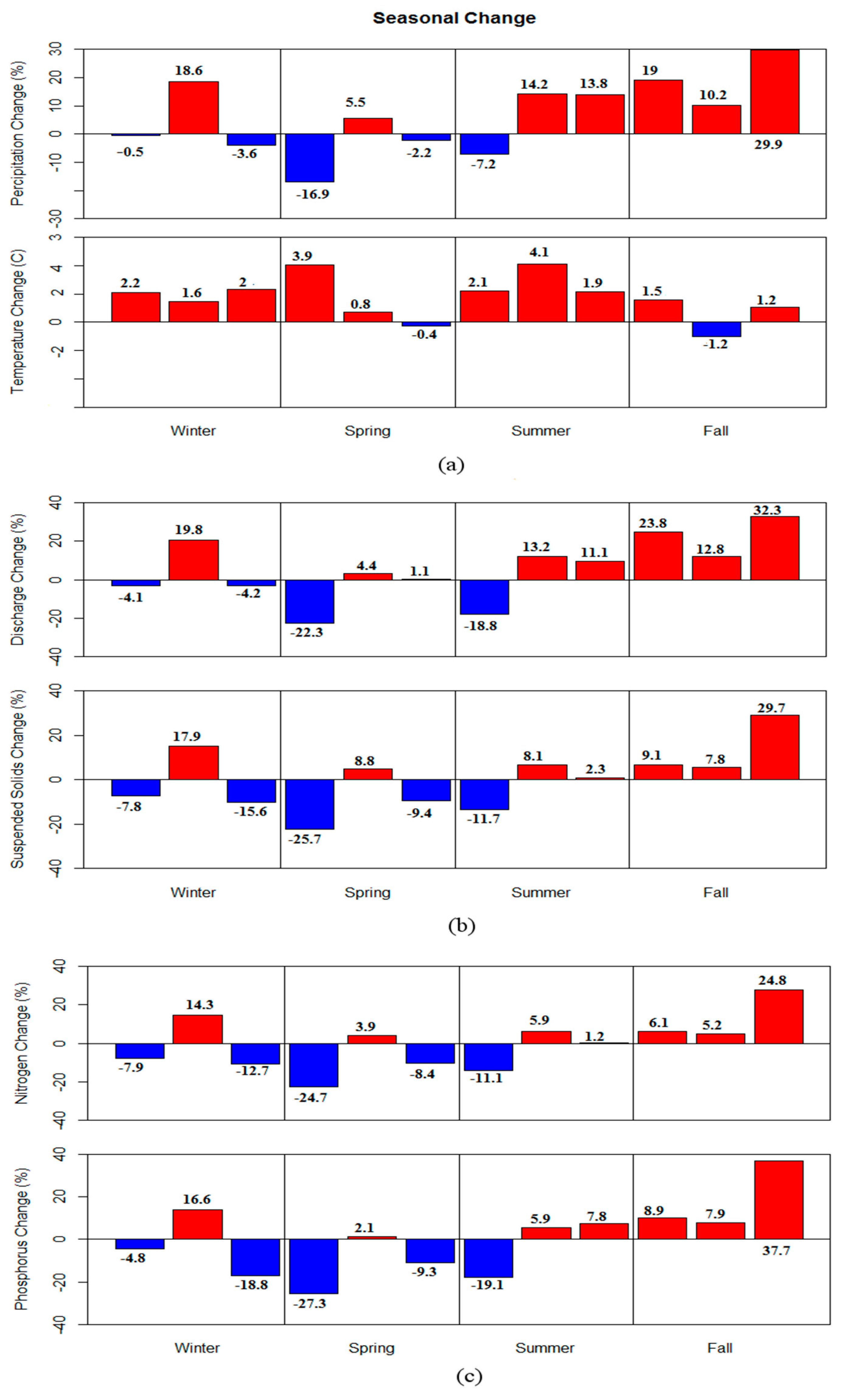


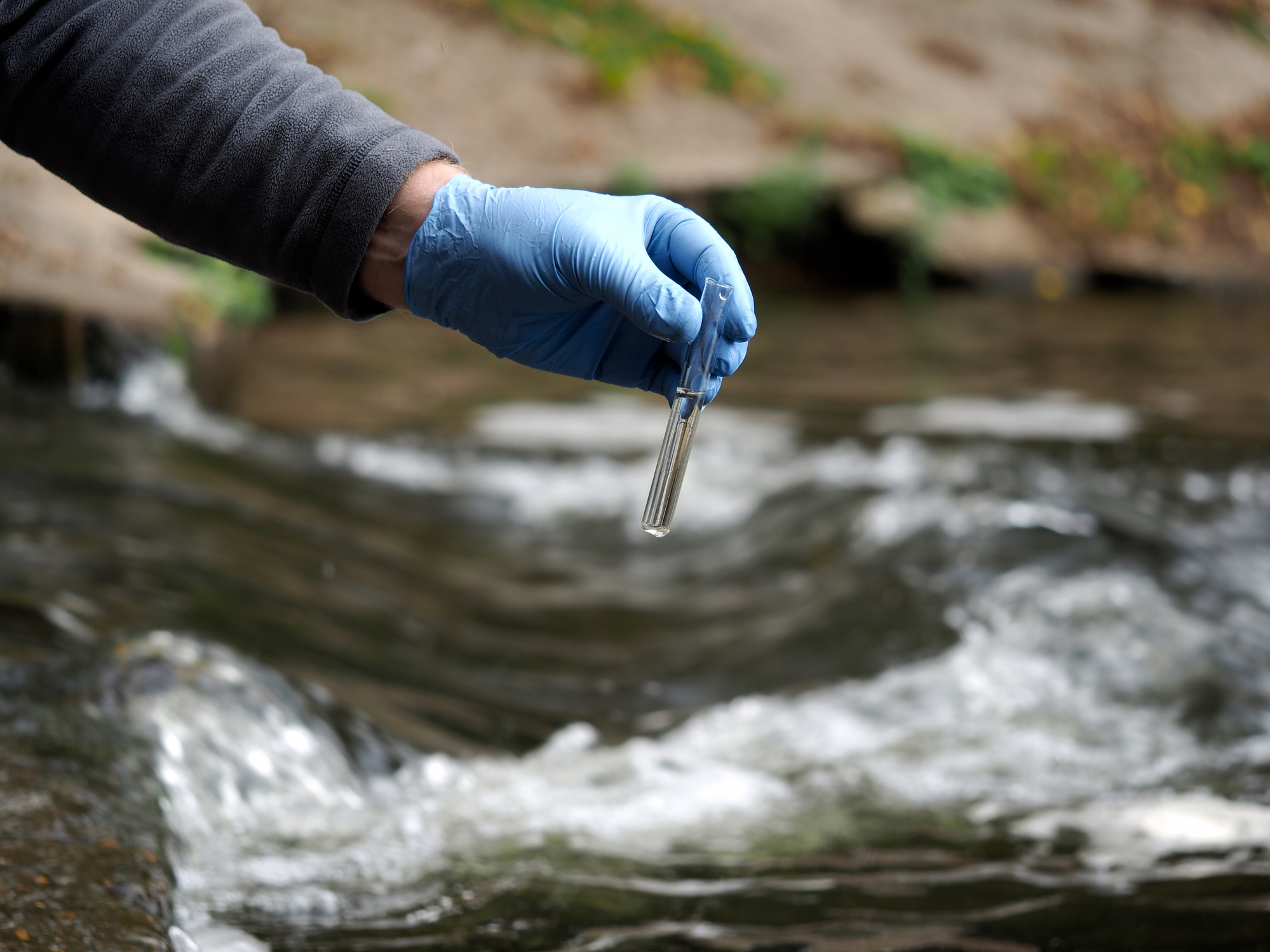



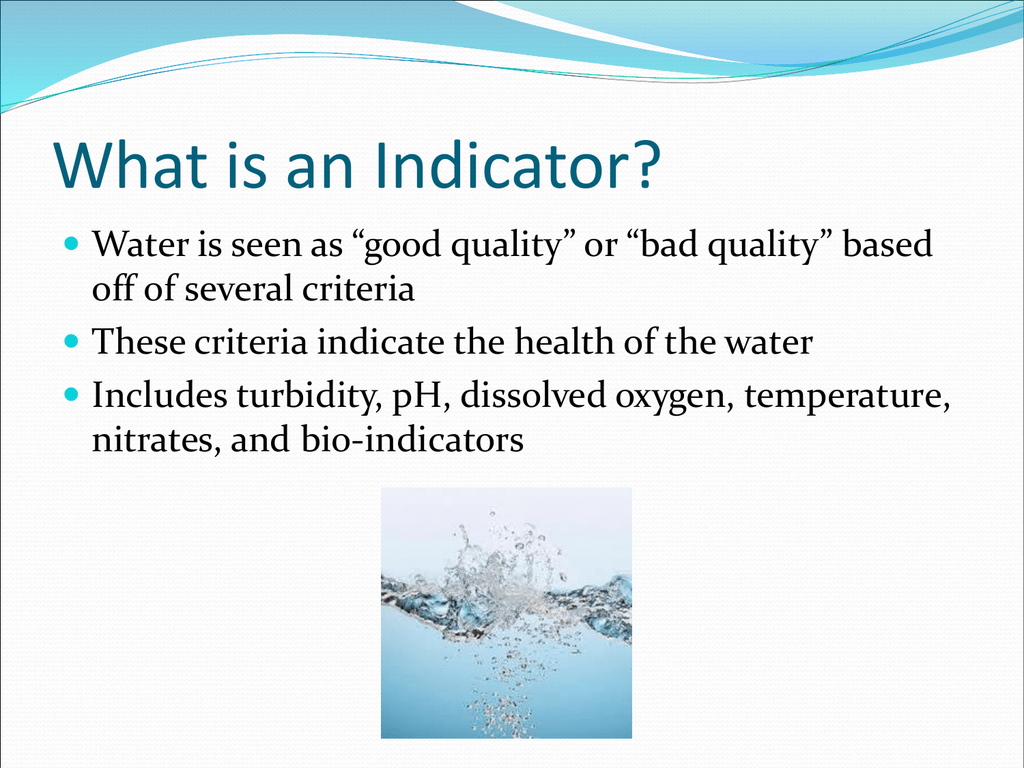



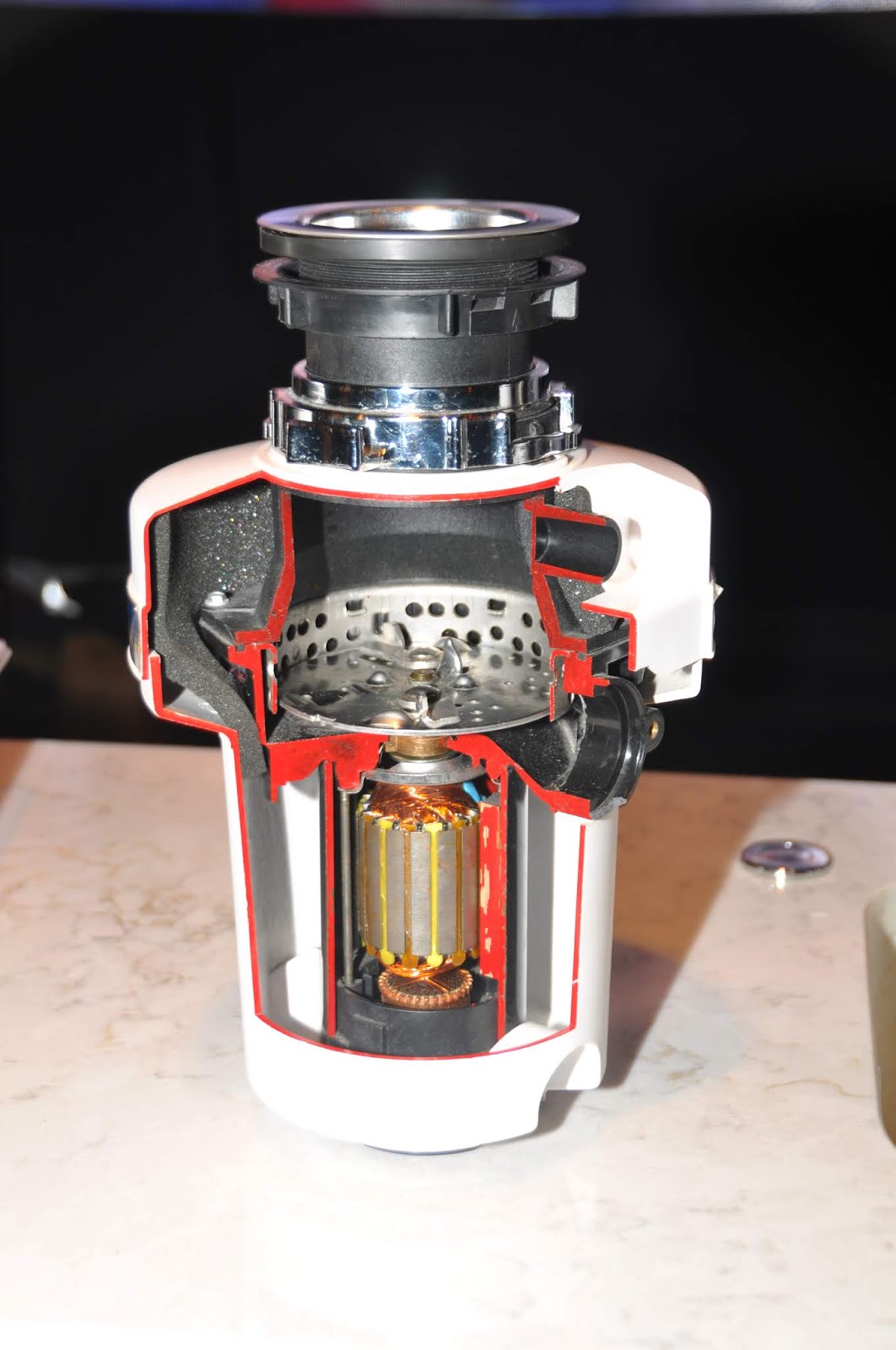


:max_bytes(150000):strip_icc()/garbage-disposal-installation-1824830-01-73cf0263b344447488ed8e15f7f2bc78.jpg)
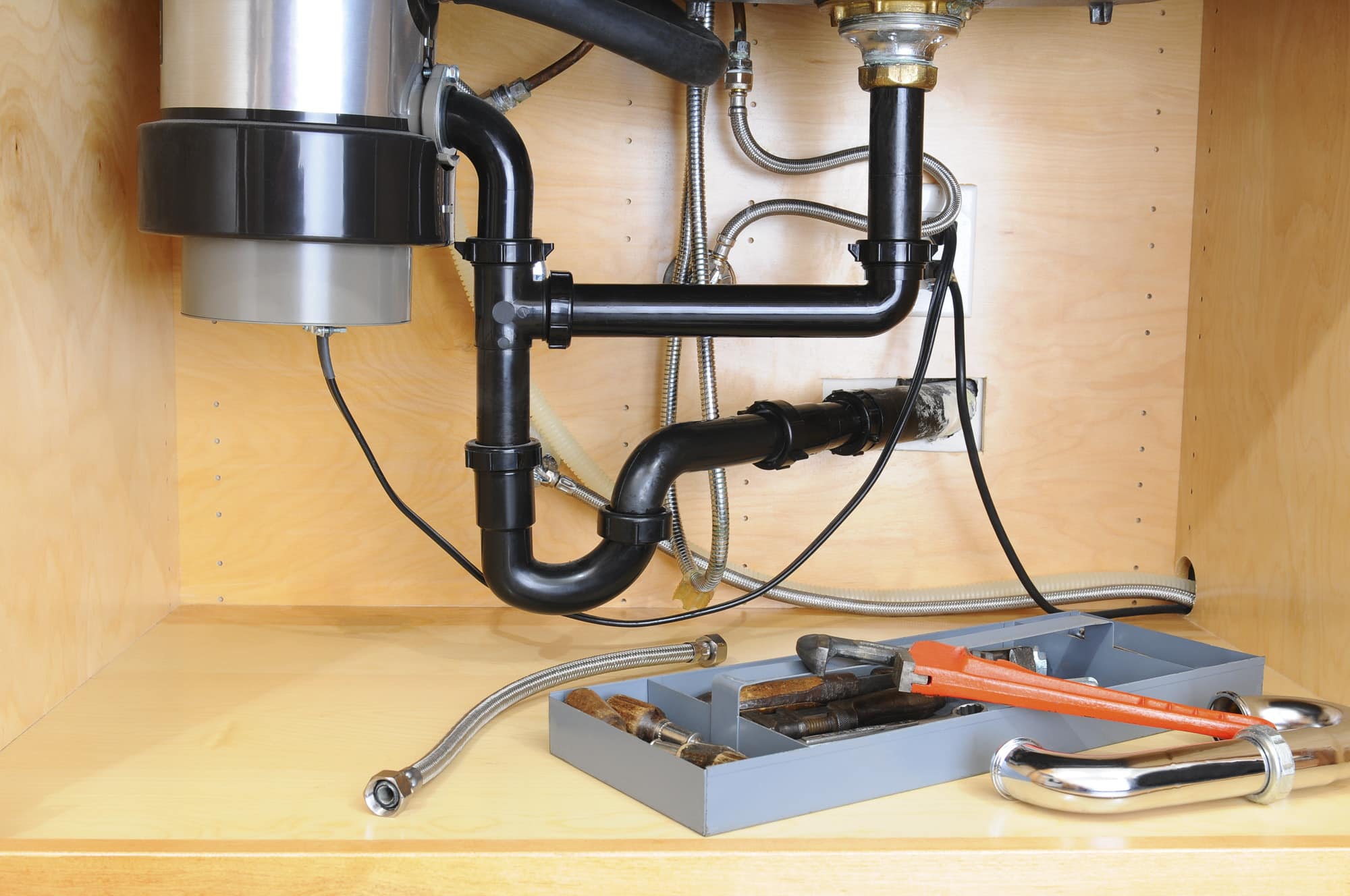
:max_bytes(150000):strip_icc()/How-to-Clean-a-Garbage-Disposal-Refined-Final-098ce78e1bff4f60b95057129a30c09f.jpg)
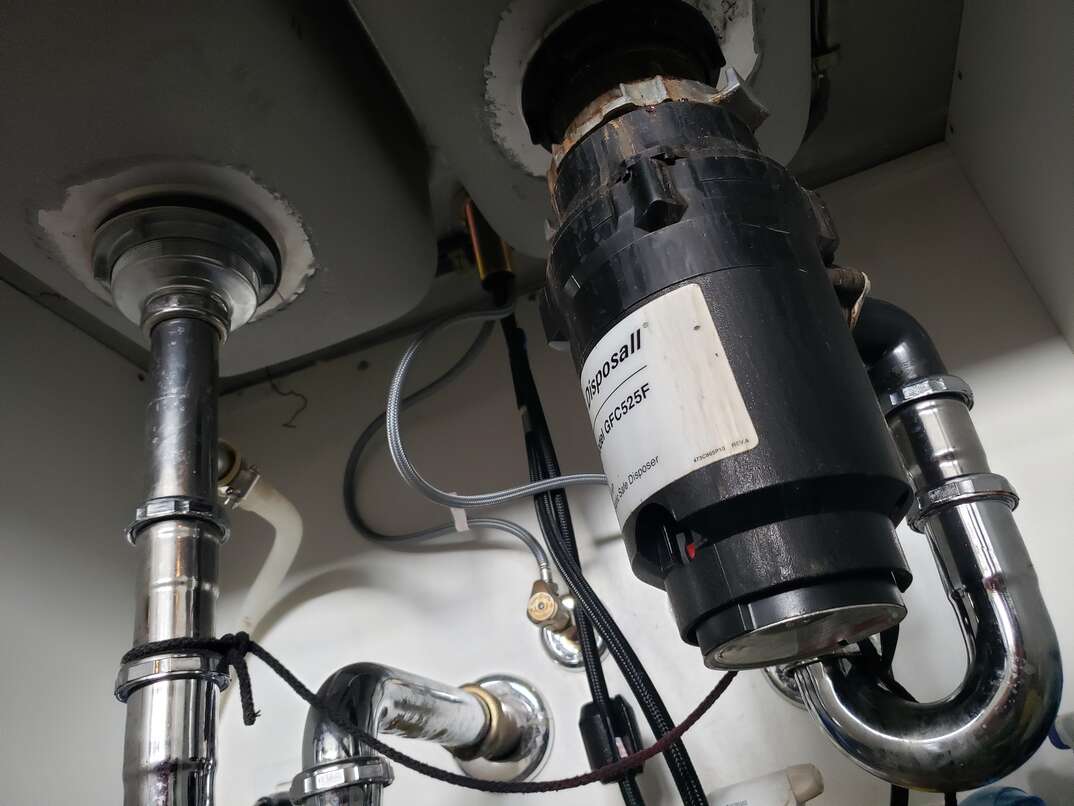
:max_bytes(150000):strip_icc()/garbage-disposal-buying-guide-2718864-hero-205069e72e6a4575b3131db47a6ace26.jpg)
